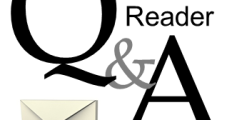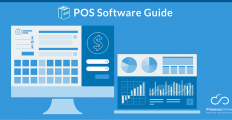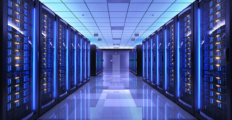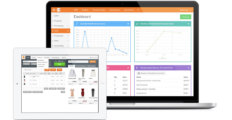When your small business requires more complex accounting solutions, but you can’t afford a fully functional in-house system, a Software-as-a-Service (SaaS) accounting product can help leverage your needs.
But don’t just go for an accounting software product with the most robust features, there are other equally, if not more, important factors to consider, which can impact on your expectations of the SaaS’ performance.
1. Ease of use
This is the first thing you should evaluate. No matter how powerful the system is, if it’s hard to understand especially for non-accountants then it’s almost useless. A SaaS solution should make financial reporting and analyzing easier, not harder. Go for SaaS products with drag-and-drop functions and simple visuals. Avoid those with coding knowledge requirements that you don’t have.
2. Price
Subscription may not be the only cost. Some SaaS providers charge per user, while others offer a fixed price for a minimum number of multiple users. If your business requires many of your staff to access the software, you may find it more cost-effective to choose multiple-user packages than paying a license per user. Likewise, be wary of SaaS providers that charge per call when you ask for support. Make sure your provider allots enough time to orient you on the more complex parts of the system. Here are 6 more hidden ERP accounting software licensing costs. Also watch out for external expenses, that is, implementation costs of ERP accounting software like servers, additional computers, mobile devices, etc. to use the system.
3. Backup
Look for SaaS provider with a backup infrastructure in place in case of emergencies like earthquakes, fire, flood, and even civil disorder. Often, these providers have another server location that acts as a buffer to man-made and natural calamities. Likewise, find out how fast the backup data can be retrieved in the face of a disaster, when every day may be critical to your business’ survival. Some providers may charge for accessing your backup data, so make sure you got the terms covered.
4. Security
Make sure the provider is using an SSL security channel. Also look for options that allow you to protect data from tampering or records from being accessed within your organization. Some SaaS software provides a simple firewall protection, while others feature multi-tiered security clearance. If you have very sensitive data, it may be best to go for the latter (expect added costs, of course).
5. Customer support
This can be a deal maker. Does the provider offer free customer support? Or does it charge per call? In most cases, the customer representative is the “I.T.” guy for many small and medium businesses without a resident technical employee. Keep in mind free may not always mean better. There are providers that offer separate subscription plans for learning assistance, which can give you insights not just on the software, but on managing your financials in general.
6. Testimonials
Search in the Internet about the products you’re considering. Skip the product sites and check actual reviews, testimonials, and comments by past and current users. Often, a quick google search of the product’s name will give you enough feedback from satisfied or disgruntled users. But don’t take their words right away (some may be paid hacks). Cross-checked with other comments and you’ll start to see a pattern. Focus on testimonials with detailed complaints or praises instead of general sentiments.
CONCLUSION
Fully functional features are great but they’re not the only factors to consider when choosing a cloud accounting system. The six factors above are just as important, if not more important in some cases, when subscribing to a SaaS plan.
























Leave a comment!